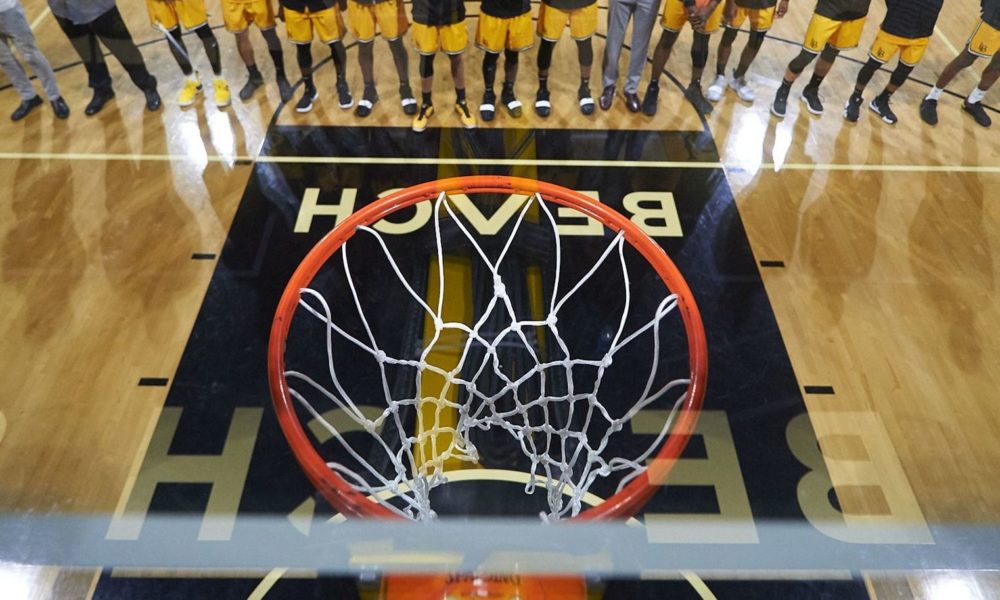After decades of debate among scholars and athletes, a new state law will take effect on Jan. 1, 2023, which will allow college athletes to financially benefit from their name, image and likeness. Senate Bill 206 has become more commonly known as the “Fair Pay to Play Act.”
The new law will allow collegiate level student athletes to make an outside income by monetizing “their social media followings, provide paid coaching, enter endorsement and advertising deals and hire agents,” according to the Regulatory Review. Previously, athletes were penalized for pursuing outside sources of income.
Although football is the college sport that brings in the most income at $31.9 million a year according to Business Insider, Long Beach student athletes still have a chance to benefit from the law namely through the basketball and baseball programs.
“I feel like the time is here for us to change as the NCAA in this business, so to speak, of college athletics, to give athletes some freedom to make income off of their name, image and likeness,” athletics director Andy Fee said. “I’m supportive of the concept.”
The law, however, still doesn’t require universities to pay their athletes beyond scholarships, so the burden falls onto the students to find their own agents and endorsements.
Currently, the National Collegiate Athletic Association has a rule stating that student athletes can’t make an outside income beyond scholarships that are given to them by their respective universities.
California was the first state to pass a law that directly opposes the NCAA’s current rules on student athletes being paid from third parties. Other states, like Florida and New York, have come up with similar bills to benefit student athletes.
Long Beach State baseball player Connor Kokx said he thinks athletes should have more of a say in deciding if they want to make money off their N.I.L.
“I know it goes against the amateurism and everything like that, but giving [athletes] a choice to make money off of their name, image, likeness should be something that is definitely encouraged,” Kokx said.
Some critics of the law have claimed that this move will take the focus away from the academic side of being a student athlete. The NCAA has stated a concern that some universities will benefit from the law more than others, due to national exposure.
Attorney and CSULB faculty member Jeremey Evans said he still supports the bill regardless of what the critics may say.
“One of the things of why I like N.I.L, particularly the California model, is that it says let’s keep intact the education system and let’s keep intact not having employees as students and things like that, but let’s have the students go out and do their own thing,” Evans said. “Let them make extra money if they want, and that could be significant for some people depending on their following and whatnot.”
Even though the department supports the bill, some have concerns about how it will be implemented within Beach Athletics, including Fee.
“I just want to make sure we do it the right way, meaning we do protect student athletes,” Fee said. “Not everyone out there is looking out for other people’s best interest. I would hate for there to be agents taking advantage of student athletes.”




